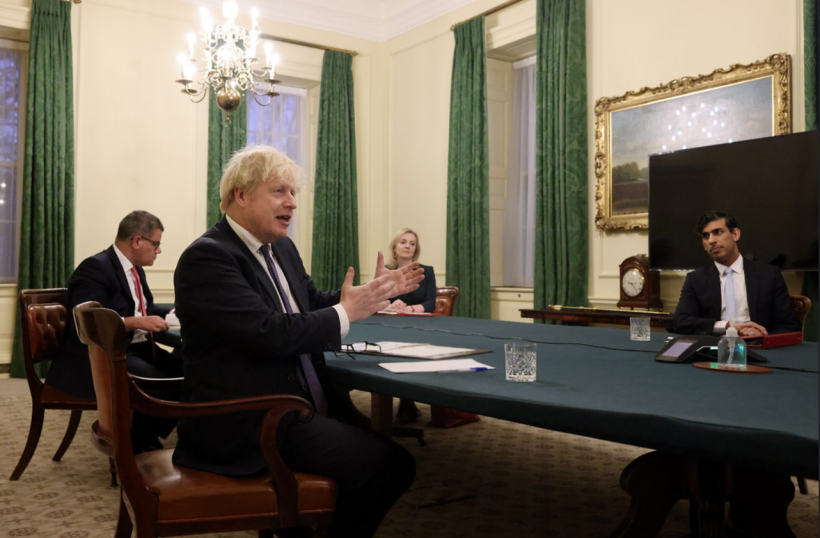The Westminster waltzer continues to spin


Politics continues like a fairground ride – an unpredictable, up and down affair that leaves you disorientated.
In the space of a week, the government collapsed around the Prime Minister, forcing his resignation, while Labour leader Keir Starmer dodged having to fall on his own sword, instead coming out smelling of virtue.
Labour now have a decent lead in the polls, while the Conservatives are in the throes of a bitter leadership battle, inflicting wounds on each other that are unlikely to quickly heal or be forgotten.
There are only a few types of politician. ‘Conviction’ ones, with fixed beliefs that don’t change after their formation. Maggie Thatcher and Dennis Skinner spring to mind.
Then there are the Realpolitik pragmatists, who flex to meet changing circumstances and try to chart a ‘middle way’, like Blair and Cameron. Finally there are those that have been on a ‘journey’, where their views have changed significantly.
Former Commons Speaker John Bercow was an example, having started out as a Thatcherite ‘Monday Clubber’ advocating “assisted repatriation” of immigrants and ending up as a self-declared member of the ‘soft left’.
The person highly likely to be the next Prime Minister, Liz Truss, falls into this latter category. (Rishi Sunak tried but failed to make ground on the back of it and now almost certainly won’t do so following his u-turn on cutting VAT for fuel.)
From advocating the abolition of the monarchy at Liberal Democrat conference as a teenager and being pro-remain in the Brexit referendum, Truss has evolved to become a darling of the Conservative right, defender of Brexit, pro tax cuts, a smaller state, less regulation and more free enterprise.
There is a saying that no-one is more zealous than a convert. Whether true or not in this case – and whatever some think about her abilities – Liz Truss has the energy and determination to shake things up.
The civil service will be bracing itself for a Truss premiership, with an urgent post-Brexit deregulation drive being a key strand and relations with the EU likely to become even more strained and confrontational.
Meanwhile Keir Starmer has unashamedly also changed tack, ripping up the policy platform he stood on to win the leadership and starting afresh with a new blank page, in the name of fiscal responsibility. He’s also on track for a big bust up with the unions. For fans of Stranger Things – we may have entered The Upside Down.
Elsewhere in policy land two milestone programmes continue to move forward. The Government has introduced the Financial Services and Markets Bill that will implement the post Brexit regulatory framework for the coming decades to Parliament.
While some Bills are likely to be scrapped or changed under a new Prime Minister, the FSMB is likely to be substantially unaffected. The biggest issue yet to be decided is around the inclusion of “call-in” powers allowing ministers to intervene in regulators’ decisions.
As well as creating a new regulatory framework, the Bill also has provisions covering areas like access to cash, push payment scams, settlement of crypto payments, financial promotion rules and ‘critical third parties’ like cloud services.
Separately the FCA has set out its final rules and guidance for the new Consumer Duty, which forms a core part of its plan to become a more assertive and data-led regulator.
With firms required to formally assess how they’re meeting their customers’ needs, the regulator believes it will be able to quickly identify practices that don’t deliver the right outcomes for consumers and take action before they become entrenched.
It is giving firms 12 months to implement the new rules for new/existing products and another 12 months for closed book products.
Image source: No.10 Flickr
